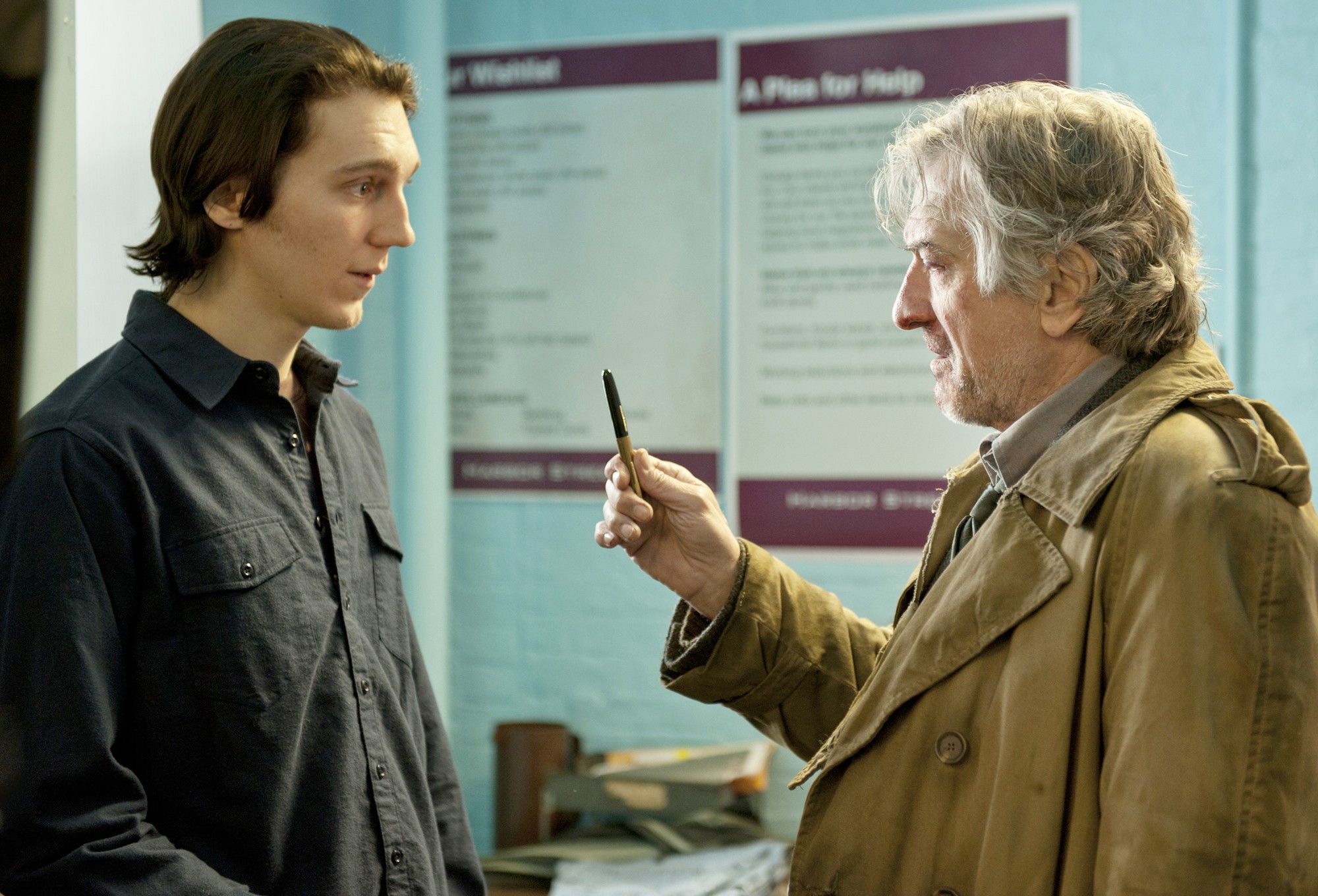Writing is a solo act, but for those in attendance at the conference of the Association of Writers and Writing Programs, or AWP (https://www.awpwriter.org/) this past weekend, you’d think it was one big party, with over 12,000 people moving through the sterile hallways of Boston's massive Hynes Convention Center to attend hundreds of sessions. I had been forewarned that this event was downright overwhelming. So before I stepped foot into the Hynes, I carefully studied the program, selected sessions that fit my criteria, and found out exactly where they were physically located. Getting lost in the Convention Center was not on my agenda! As it turned out, this surgical approach served me well.
In one day, I managed to attend five sessions, chat with five random strangers, purchase an energy bar for nearly $5, and wander around the book fair where I was invited by at least five non-residency writing programs to look at their literature. I spoke with five or so small presses about their books, and was also accosted by a woman selling a weeklong “writing trip” to Paris, which was, in sum, a total rip-off. Of my small sample of informal interviewees, a few were undergraduate creative writing majors who were totally blown away by the panoply of rich resources in one place; one was an art history professor and another was a writing professor.
But I wasn’t there to make friends, although later I joined the Women’s Caucus of the organization (yes, there is gender bias everywhere!). I was there because I’m writing a memoir about the experience of caring for my dad in his final year of life, in which I am inter-weaving my family's experience of political persecution, the FBI and more. I wanted to hear published authors talk about their experience writing memoirs, and to garner some tips about the process of publishing this type of book.
Here are a few gems that I got from the conference:
In a panel called “The Art of Losing”, authors talked about how profound personal loss fuels their writing. One of my favorite speakers on this panel was Jennine Capó Cruce, author of How to Leave Hialeah (http://www.jcapocrucet.com/), who said that she was told that she shouldn’t write from anger. But as she wrote her book, she saw rage as her source, and while writing her book, recognized that underneath her rage was grief.
In a panel called “How Do You Know You’re Ready?”, novelists shared stories about manuscripts they either sent to agents too soon or had locked in drawers, never to see the light of day. I realized that the question of when a book is complete is a universal question. The panelists seemed to agree that knowing when you’re done writing a book is a “visceral thing”. I was touched that the panelists also welcomed attendees to approach them with questions at the end of the session. I asked novelist Dawn Tripp (http://www.dawntripp.com/) for suggestions about making a “pitch” to an agent. She offered me a few tips, including “make it short and to the point”. And another panelist, Kim Wright, author of Love in Mid-Air (http://loveinmidair.com/), added that it’s important to maintain the voice of the book when you’re trying to get others interested.
In a session called, “It’s Complicated: Memoir-Writing in the Political Sphere”, Melissa Febos talked about her book, Whip Smart, in which she wrote about her three years as a dominatrix while attending a liberal arts college in New York City (http://melissafebos.com/). Kassi Underwood talked about her book, A Lost Child, but Not Mine (http://www.nytimes.com/2011/07/31/fashion/a-lost-child-but-not-mine-modern-love.html?pagewanted=all), which chronicles her experience of having an abortion and then encountering her ex-boyfriend who was now a father. And Nick Flynn described the writing of his book, Another Night in Suck City about seeing his estranged father in the homeless shelter where he worked. The book was later turned into a film called, “Being Flynn” with Robert DeNiro and Julianne Moore. Talk about star struck!
The conference had a commercial element as well: In a so-called “Book Fair”, the small presses are there to entice writers, as are the creative writing programs and artists' retreats. But one of my favorite booths in the exhibition hall was run by 826 National, a nonprofit organization that runs eight writing and tutoring centers around the country, aimed at helping at-risk youth find a voice to tell their stories (http://www.826national.org/). And who knows? Perhaps these young people will be the authors of tomorrow, and future attendees of this chaotic but enriching experience that is AWP...





Thanks for this thoughtful account of the AWP conference. Sounds like it was helpful for your memoir, which I am looking forward to seeing. The two themes that hit a resonant chord for me were "Memoirs Beyond the Self" and "Buffalo" as all about loss (and for me, the poignance of the passage of time).
ReplyDeleteWow, great tips for planning ahead to get the most from a conference and great tidbits from the workshops. I have to admit I did not realize the word Buffalo could be used three ways. Looking forward to reading your memoir!
ReplyDeleteThanks for the memoir panel round-up. I was at the conference but wandering around in a daze most of the time. It's great you got so much out of it. BTW one of my writer friends described the AWP experience as "watching others get lauded while feeling invisible." LOL.
ReplyDelete